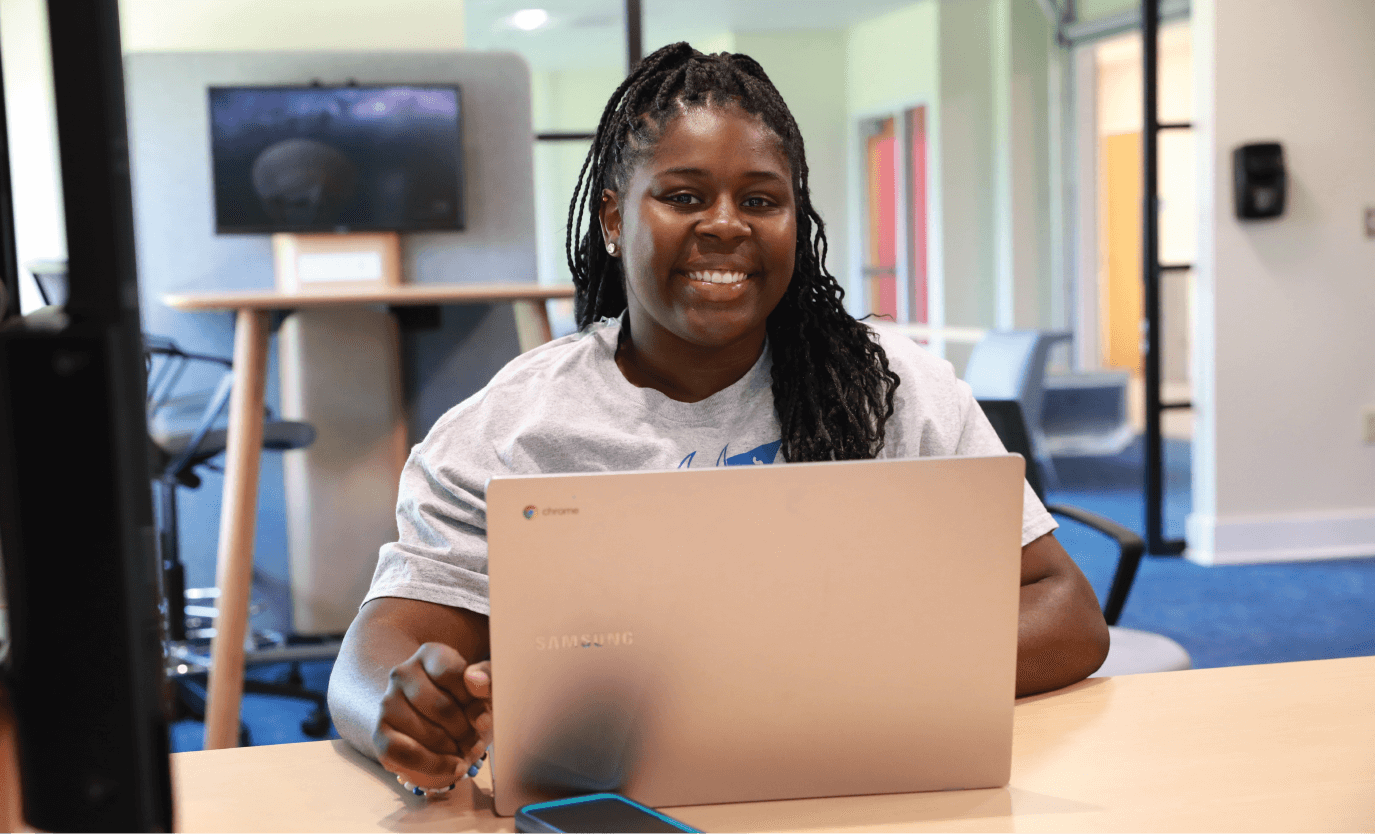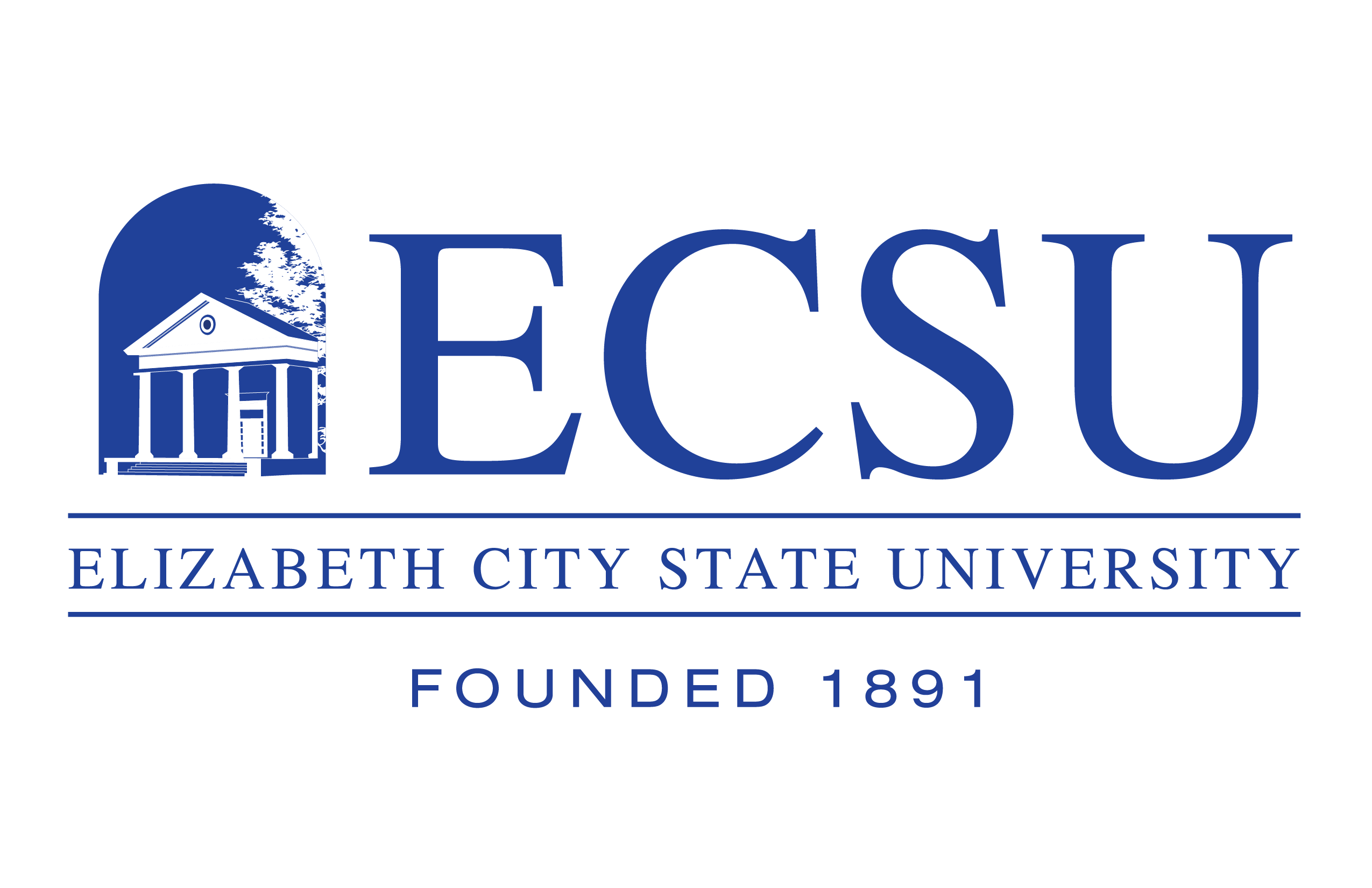Computer Science



Program Educational Objectives
The B.S. in Computer Science program faculty began developing the program’s educational
objectives with the university’s overall mission and the department’s goal in mind
while reflecting its unique focus on the needs of the industry and the outcomes desired
for graduates.
PEO1: Graduates of the program will demonstrate proficiency in the practice of computer
science and will be successful professionals in diverse industries, including software
development, data science, artificial intelligence, and information systems.
PEO2: Graduates will engage in continuous learning and adapt to evolving technologies and methodologies in computer science. They will demonstrate the ability to acquire new skills, stay current with industry trends, and contribute effectively to interdisciplinary teams.
PEO3: Graduates will assume leadership roles and exhibit ethical and social responsibility in their professional careers. They will contribute positively to their communities and adhere to high ethical standards, understanding the societal impact of computing and considering it in decision-making processes.
PEO4: Graduates will demonstrate strong communication skills and the ability to collaborate effectively within multidisciplinary teams to design, develop, and deliver computing solutions that meet societal and organizational needs.
computer science PROGRAM OVERVIEW
Our computer science program trains students with analytical and practical computer science skills across diverse environments within our global society. Our goal is to prepare you for a variety of job opportunities in business, education, industry, and government.
Available Minor (click to view curriculum):Computer Science
Student Outcomes (SO) for the Computer Science program
SO1: Analyze a complex computing problem and apply principles of computing and other relevant disciplines to identify solutions.
SO2: Design, implement, and evaluate a computing-based solution to meet a given set of computing requirements in the context of the program’s discipline.
SO3: Communicate effectively in a variety of professional contexts.
SO4: Recognize professional responsibilities and make informed judgments in computing practice based on legal and ethical principles.
SO5: Function effectively as a member or leader of a team engaged in activities appropriate to the program’s discipline.
SO6: Apply computer science theory and software development fundamentals to produce computing-based solutions.
Malcolm Dcosta, Ph.D.
Associate Professor, Computer Science
Dixon-Patterson Hall, Room 121D
mtdcosta@ecsu.edu
We're here to help
We’re here to support you throughout your time at ECSU–starting now. For more info on the admissions process, reach out to us directly.
